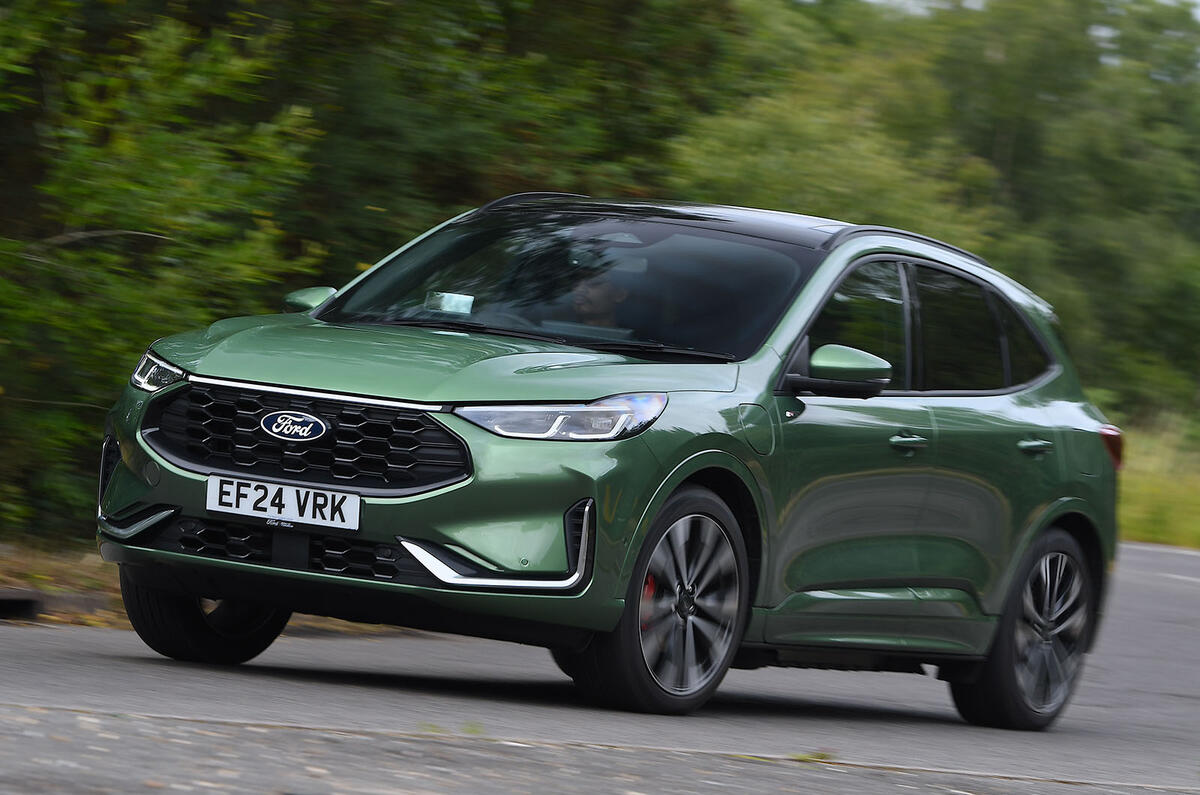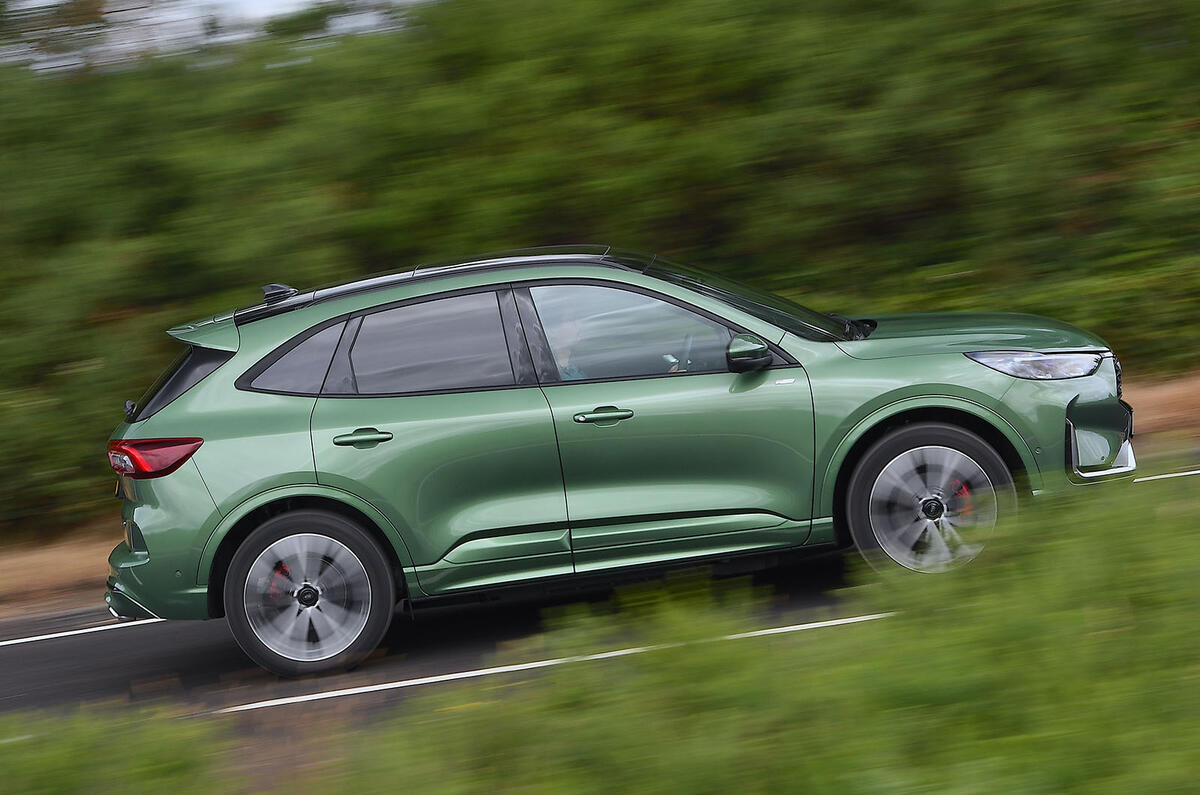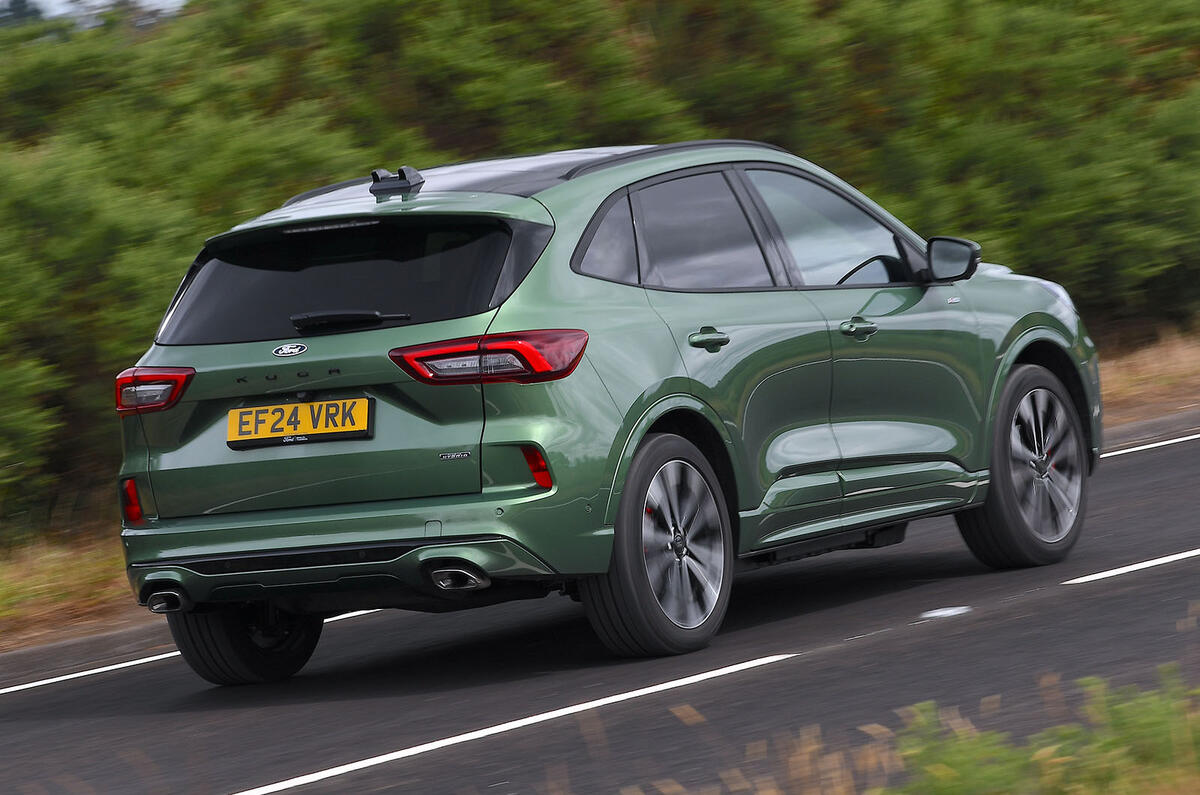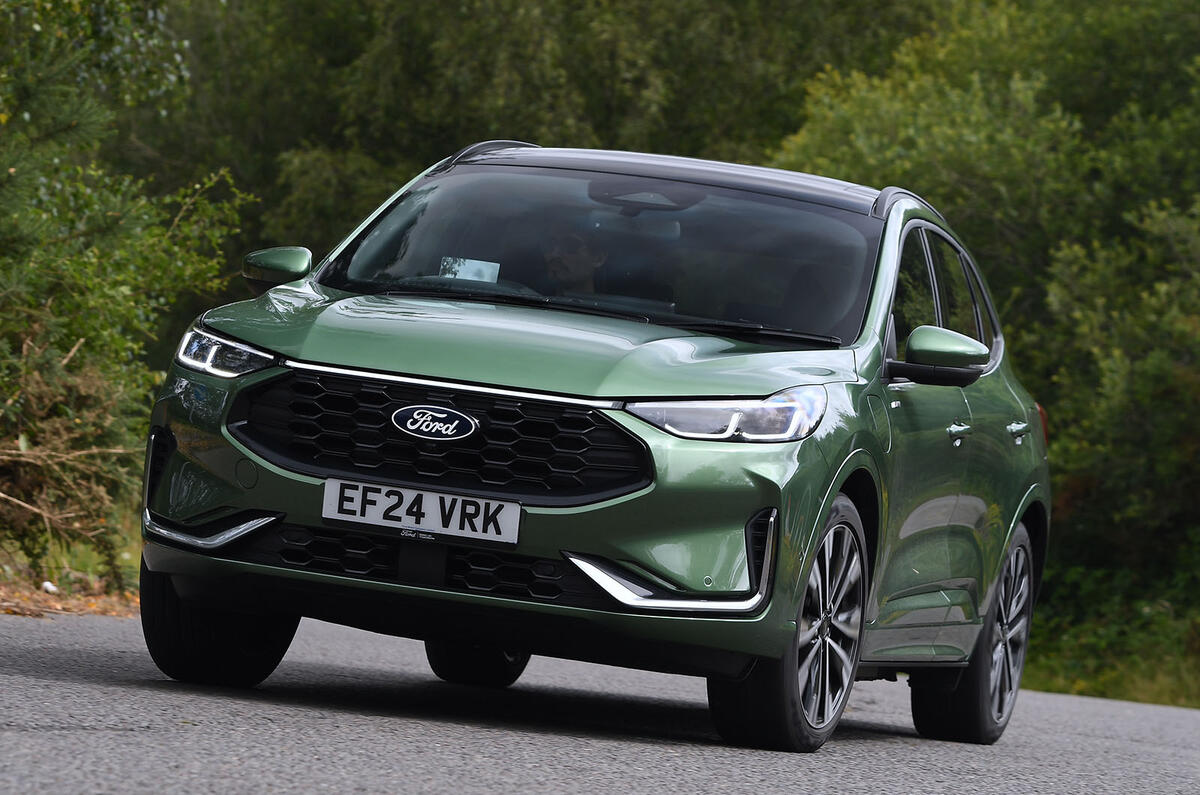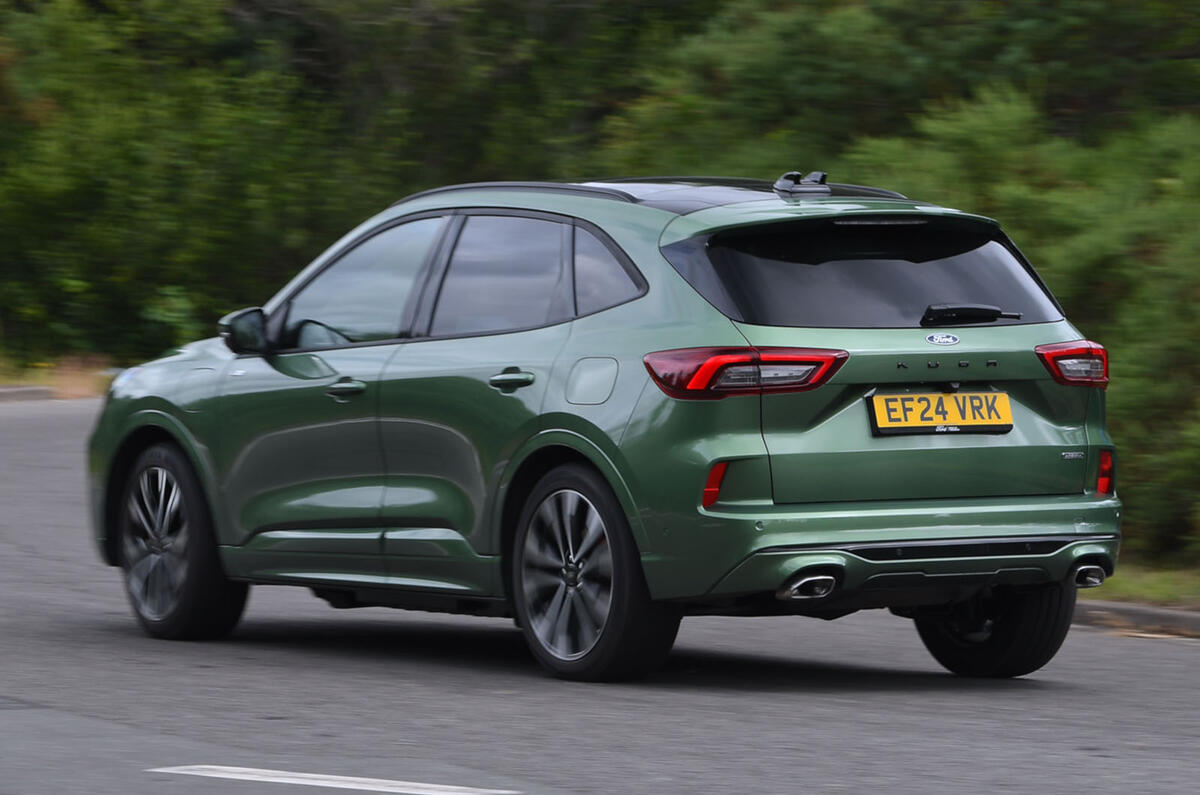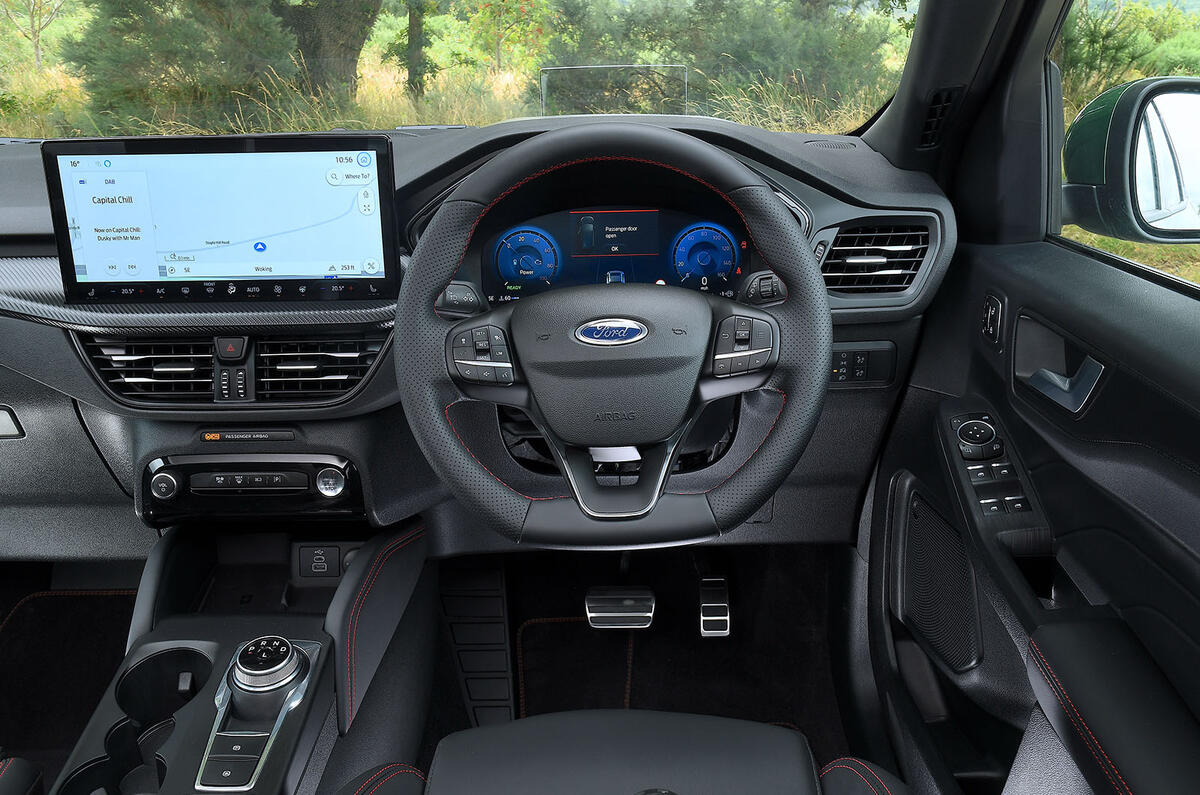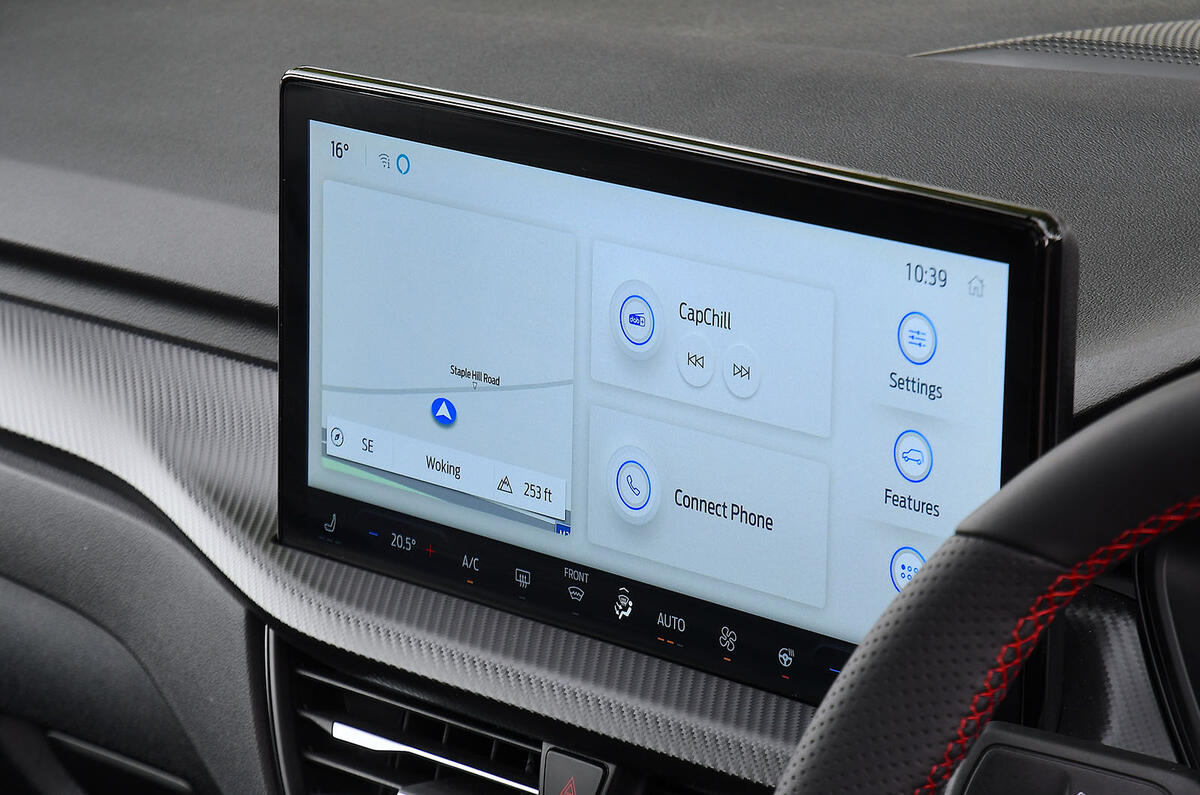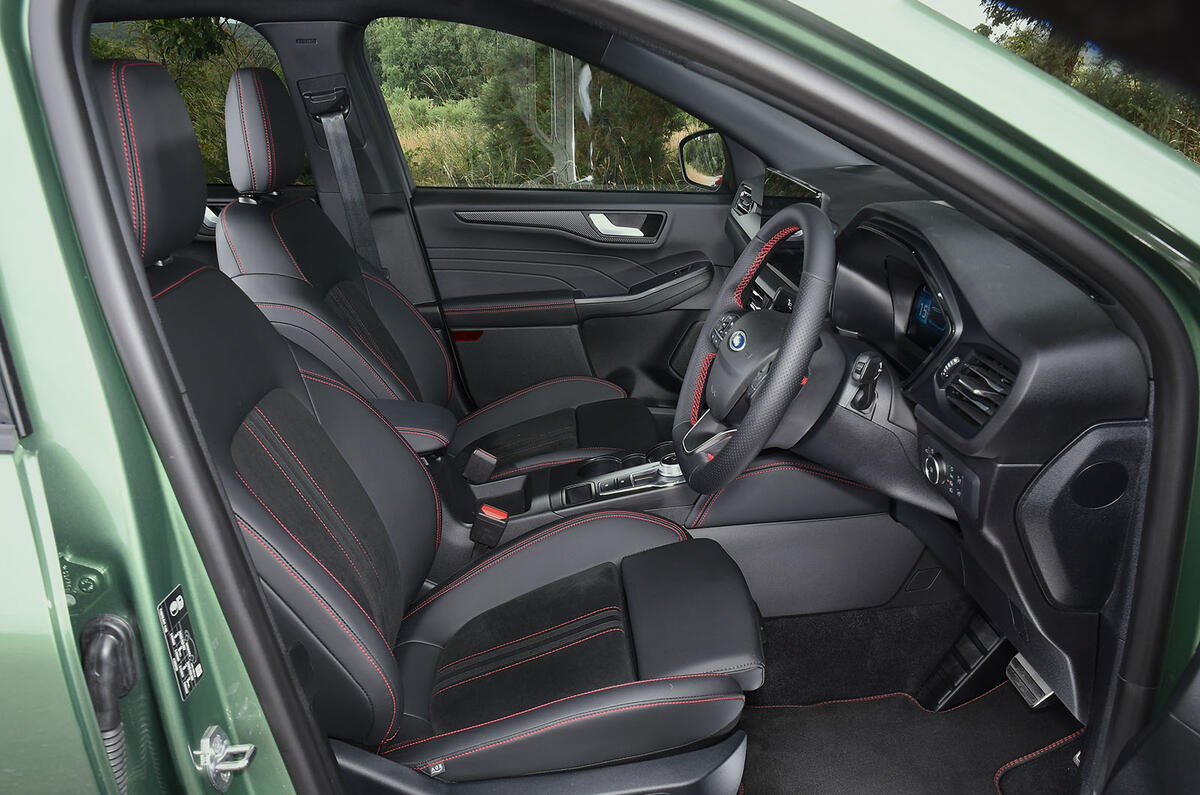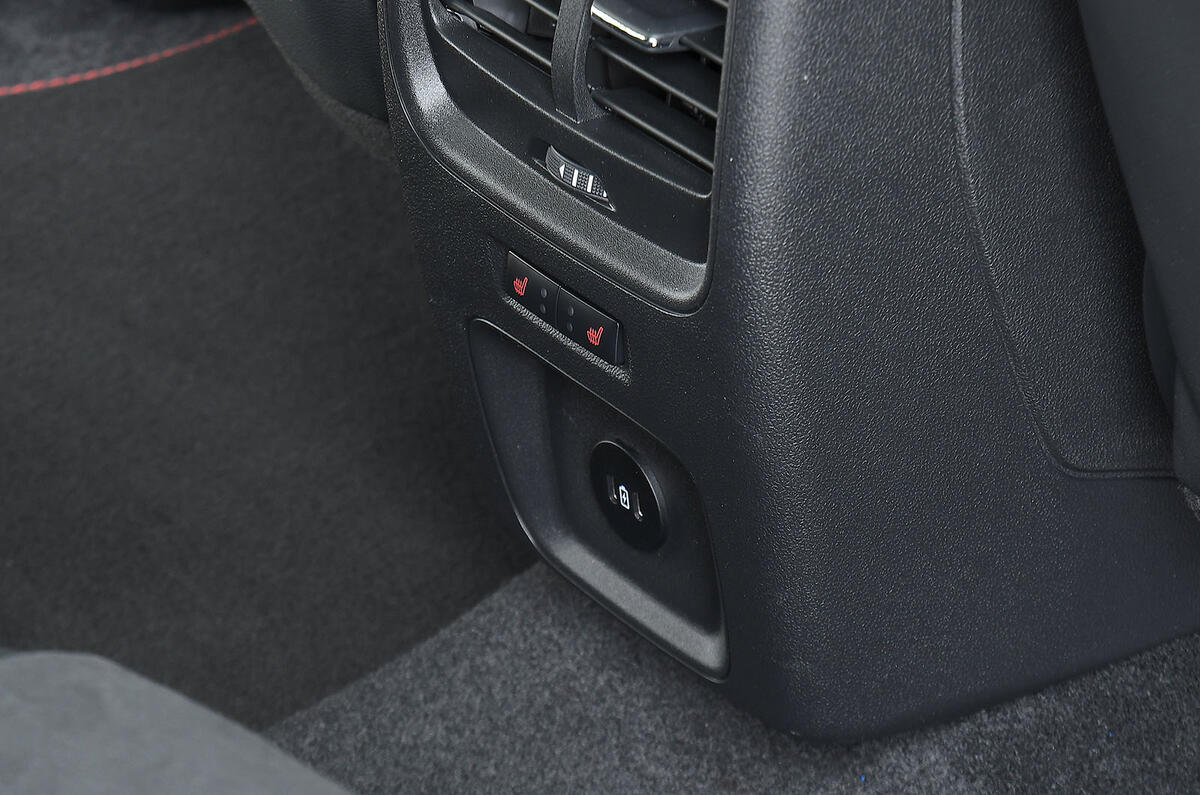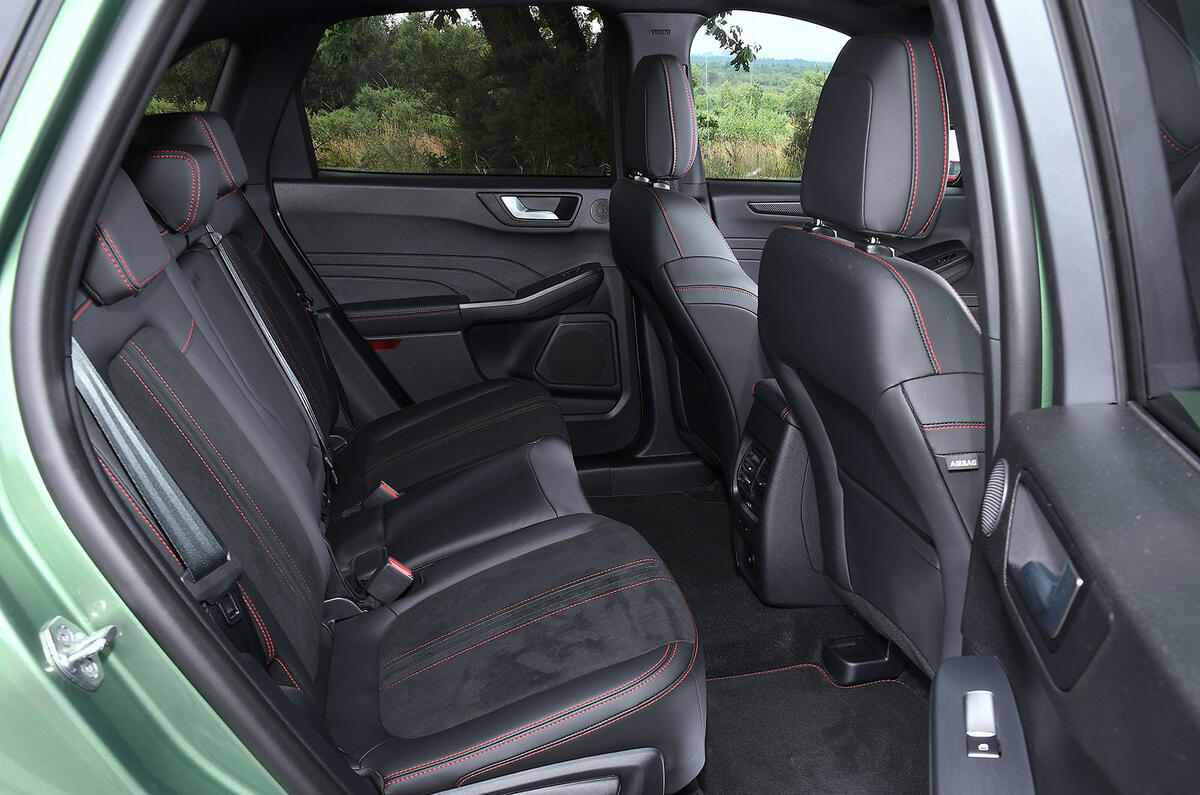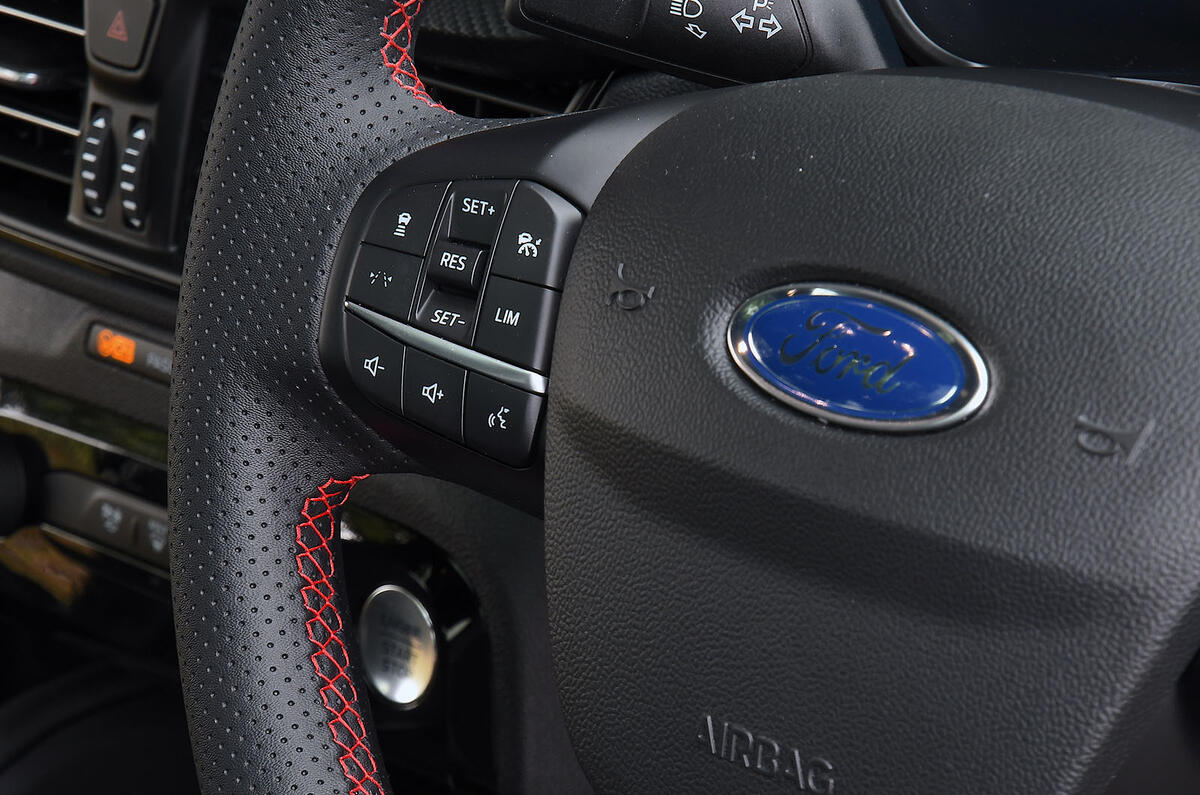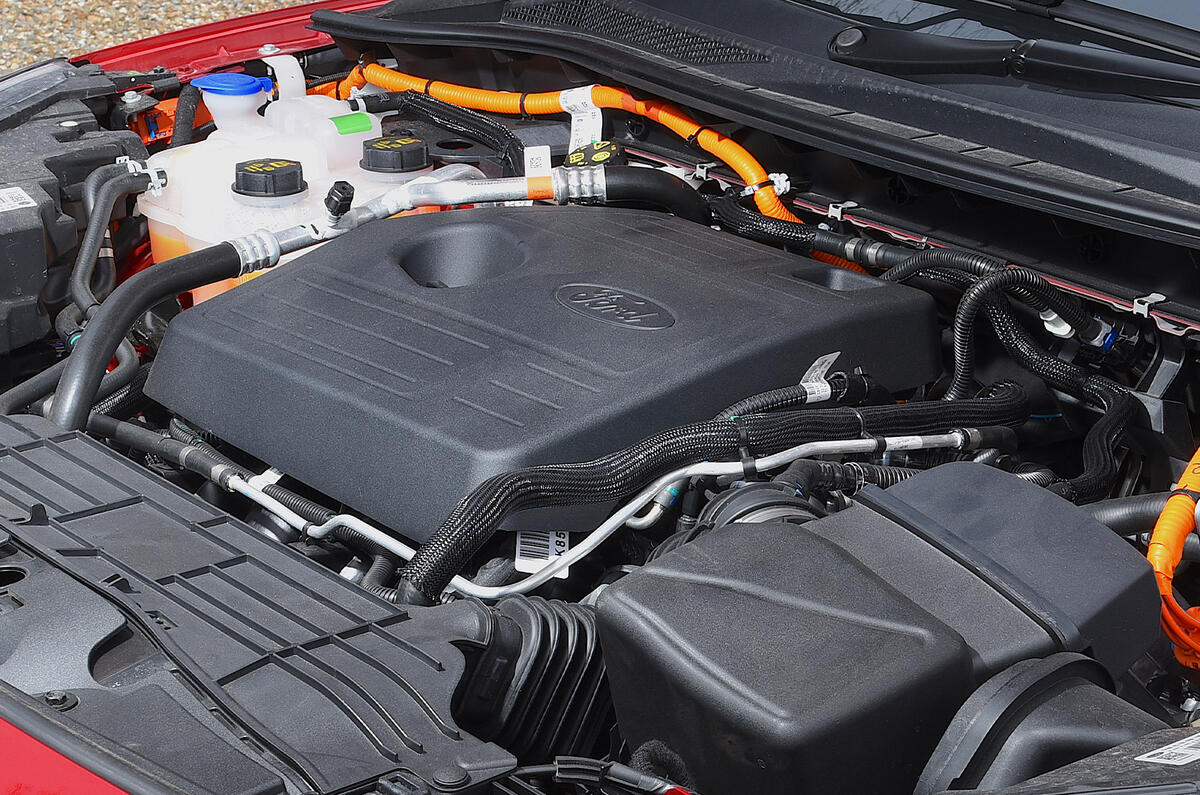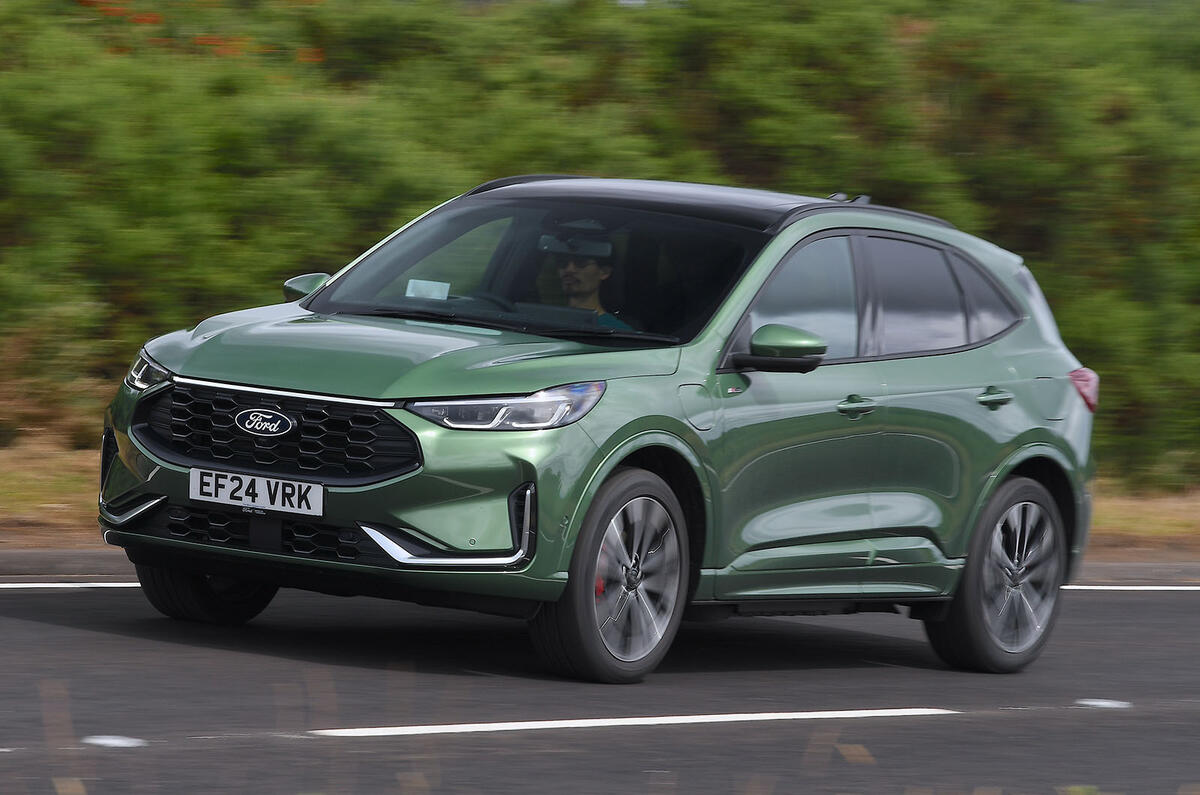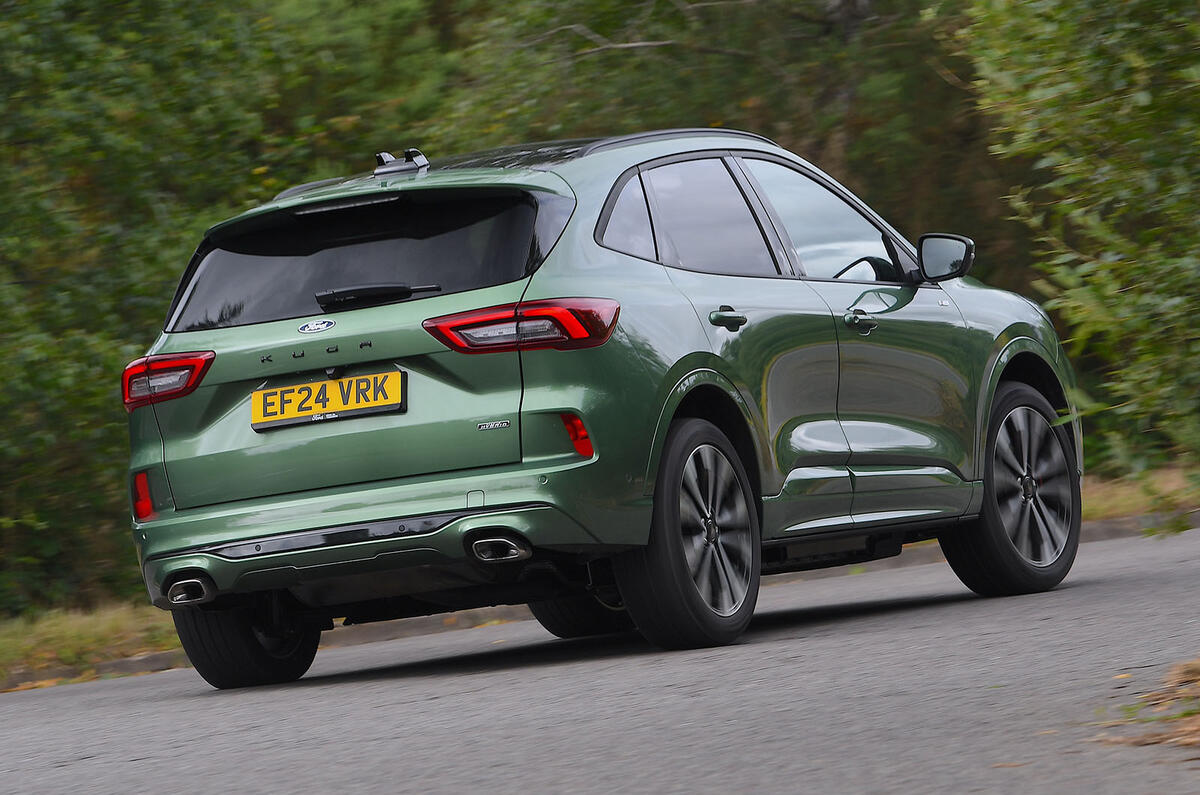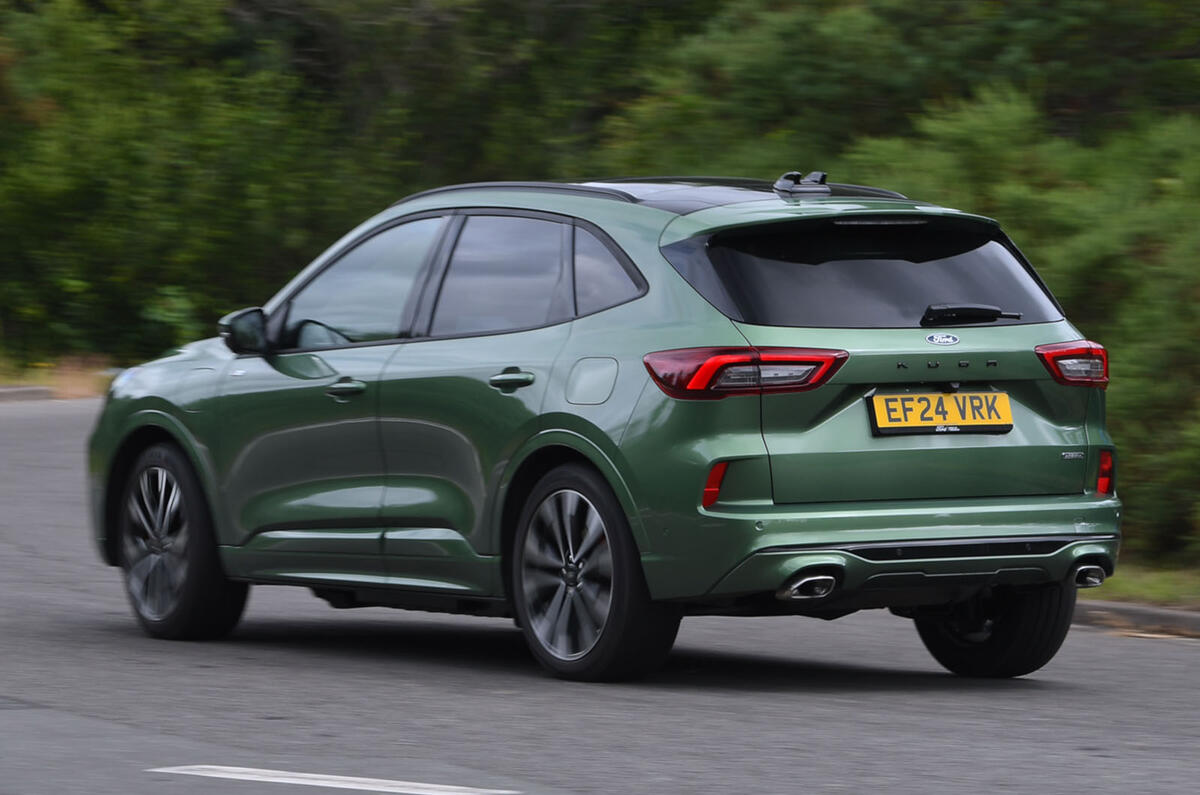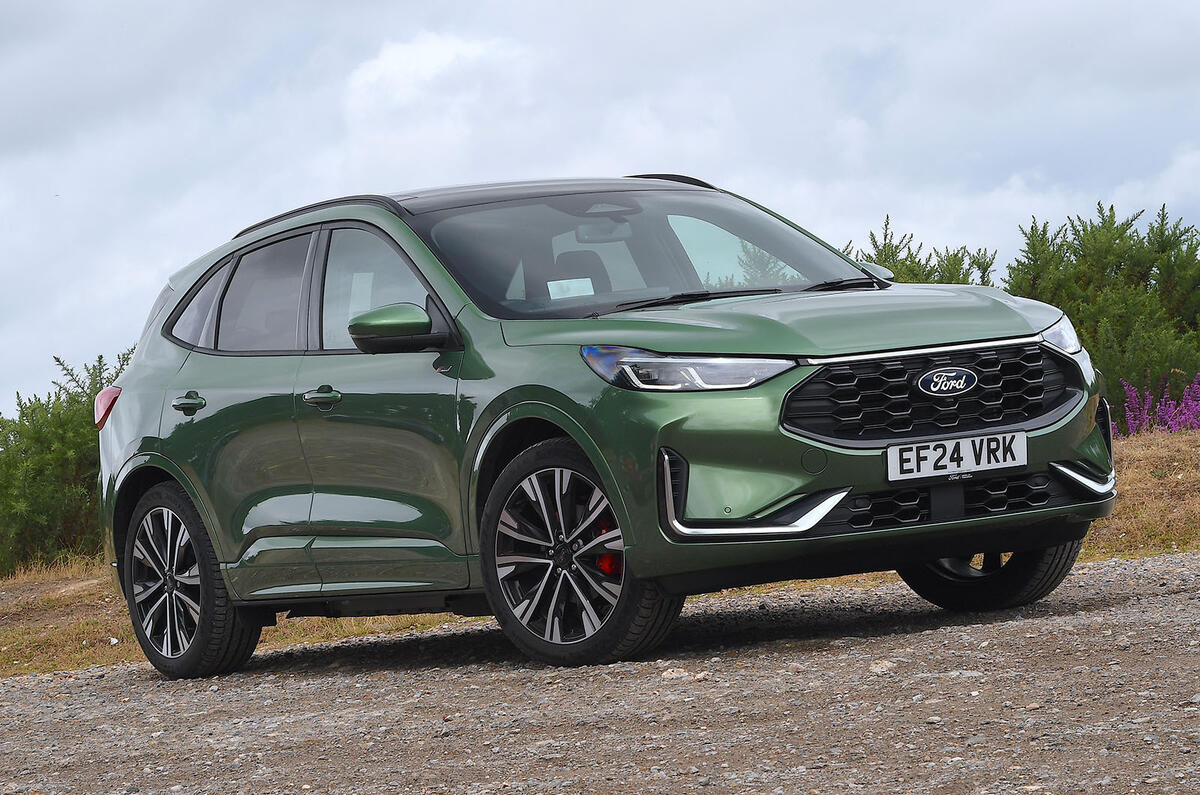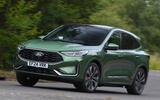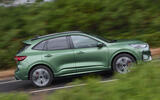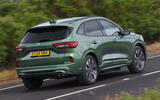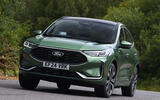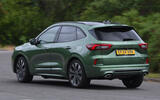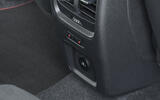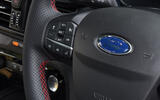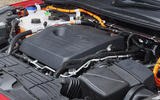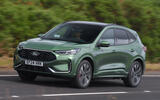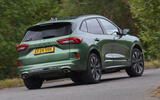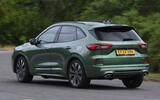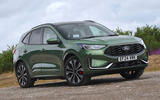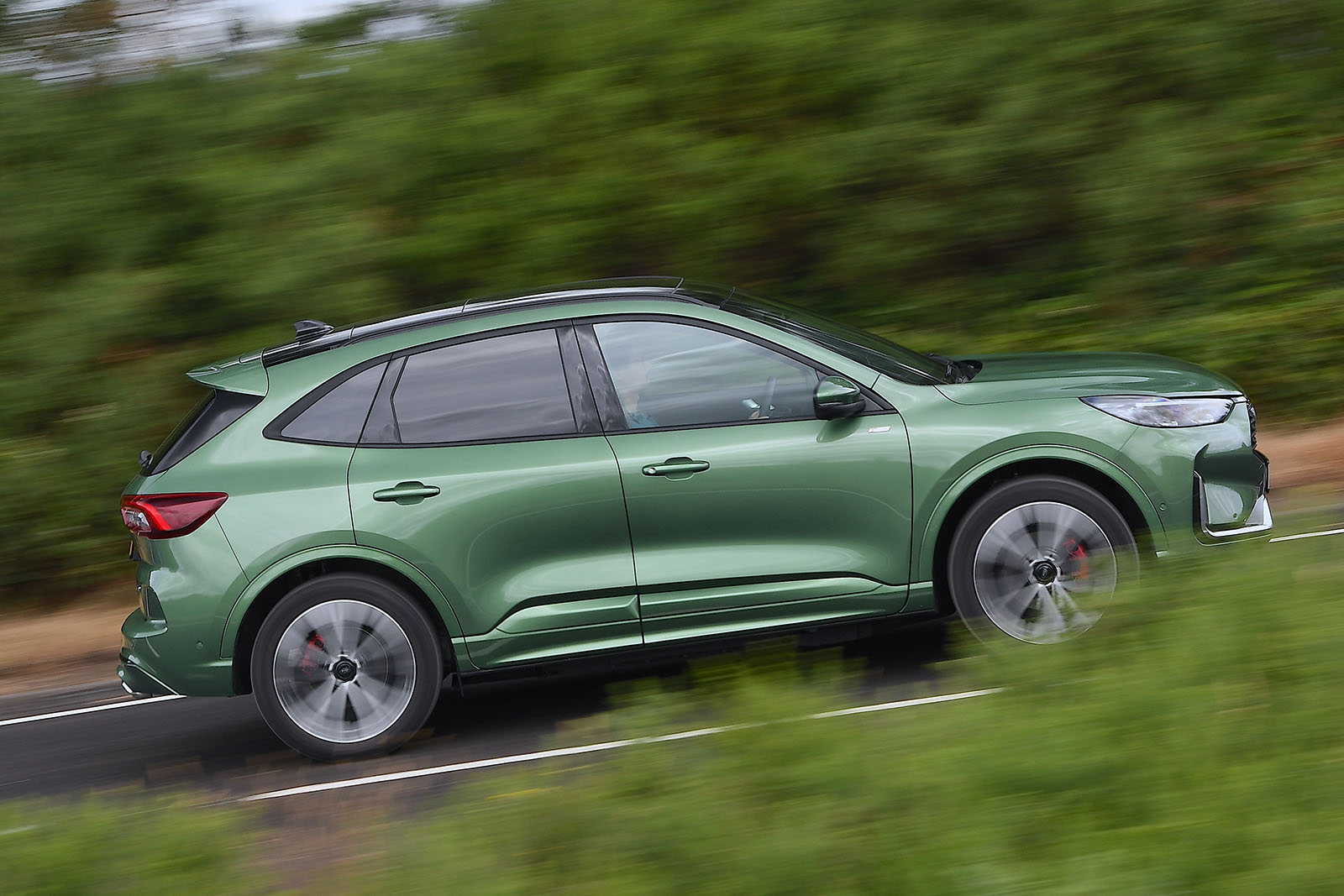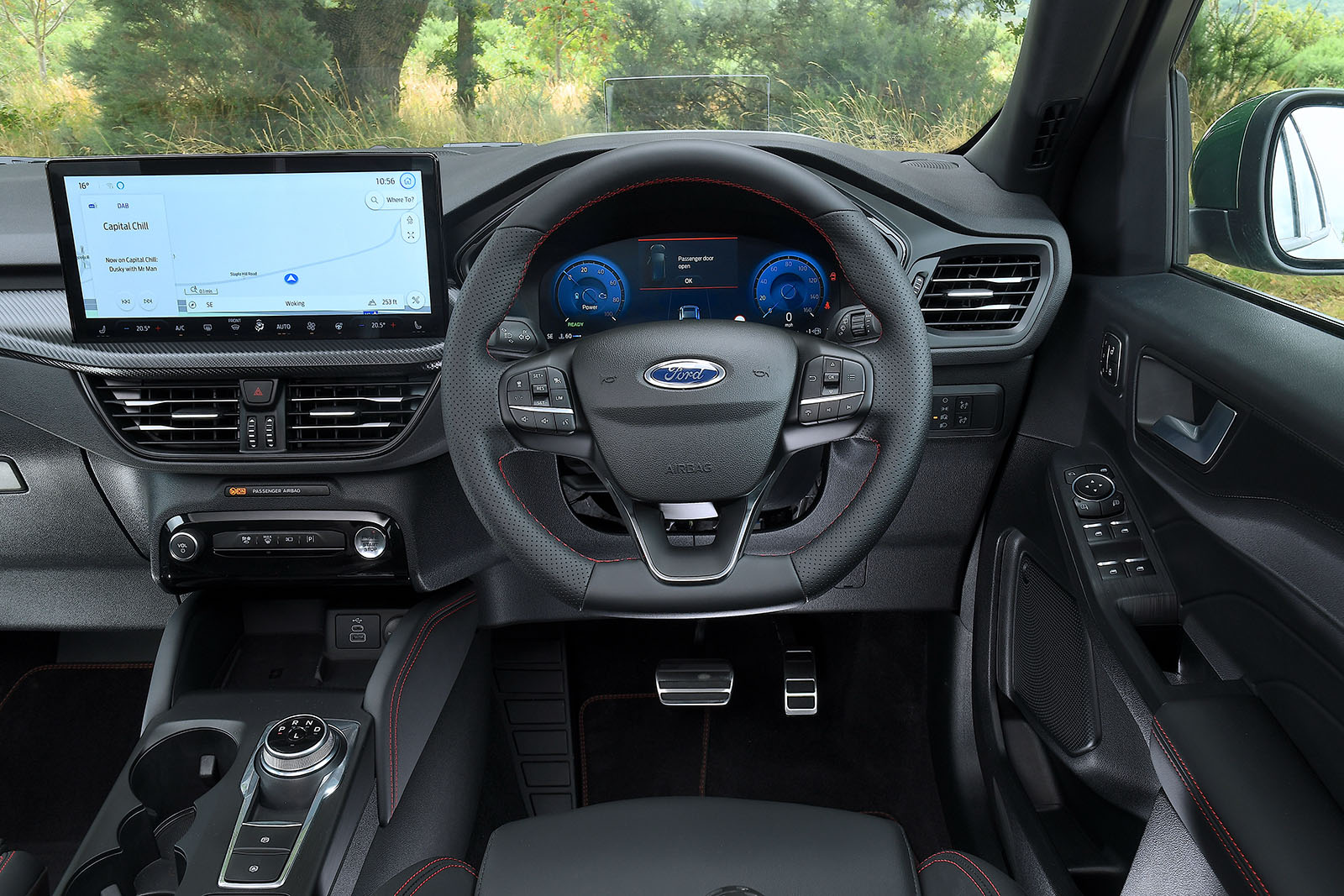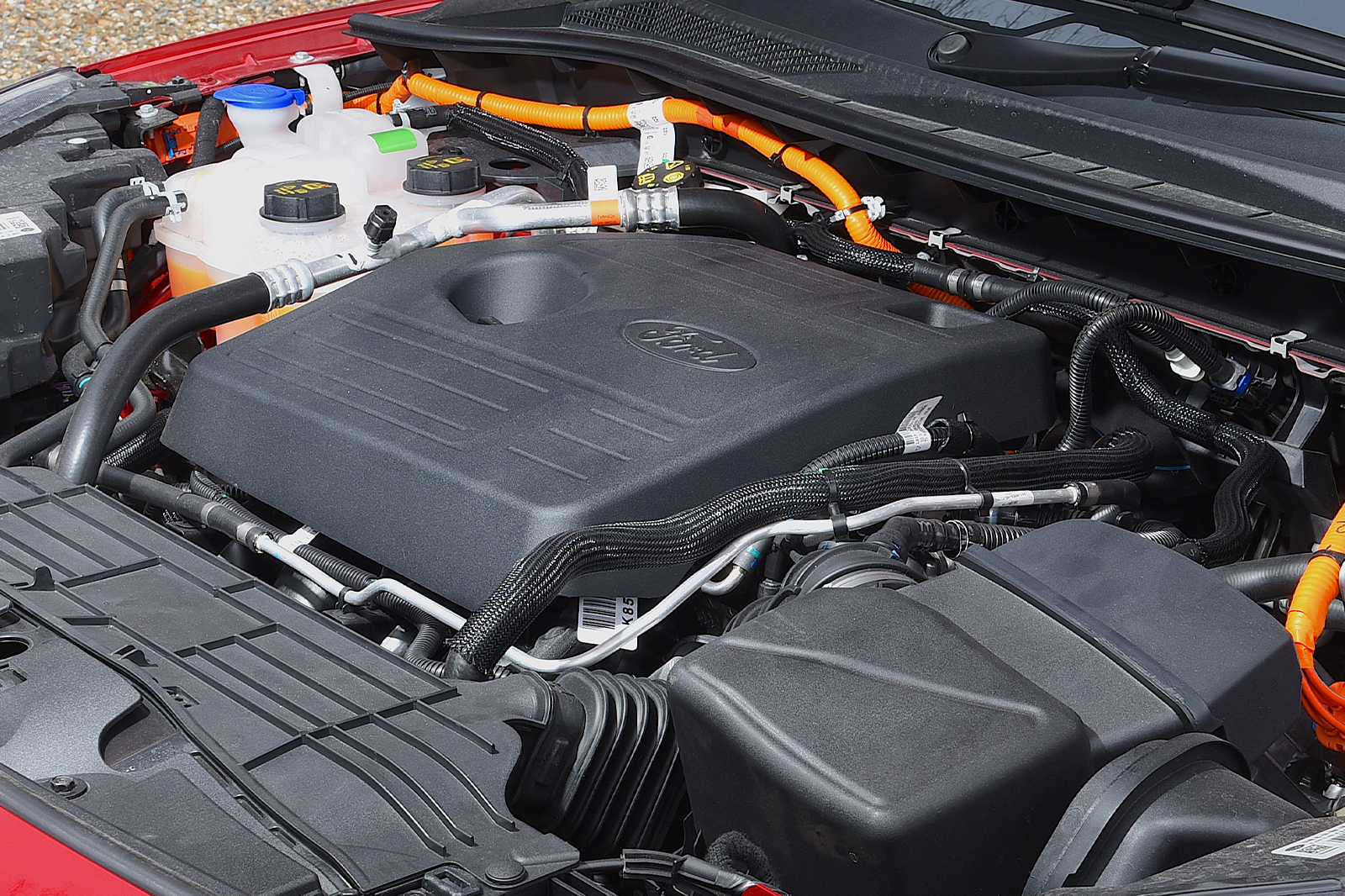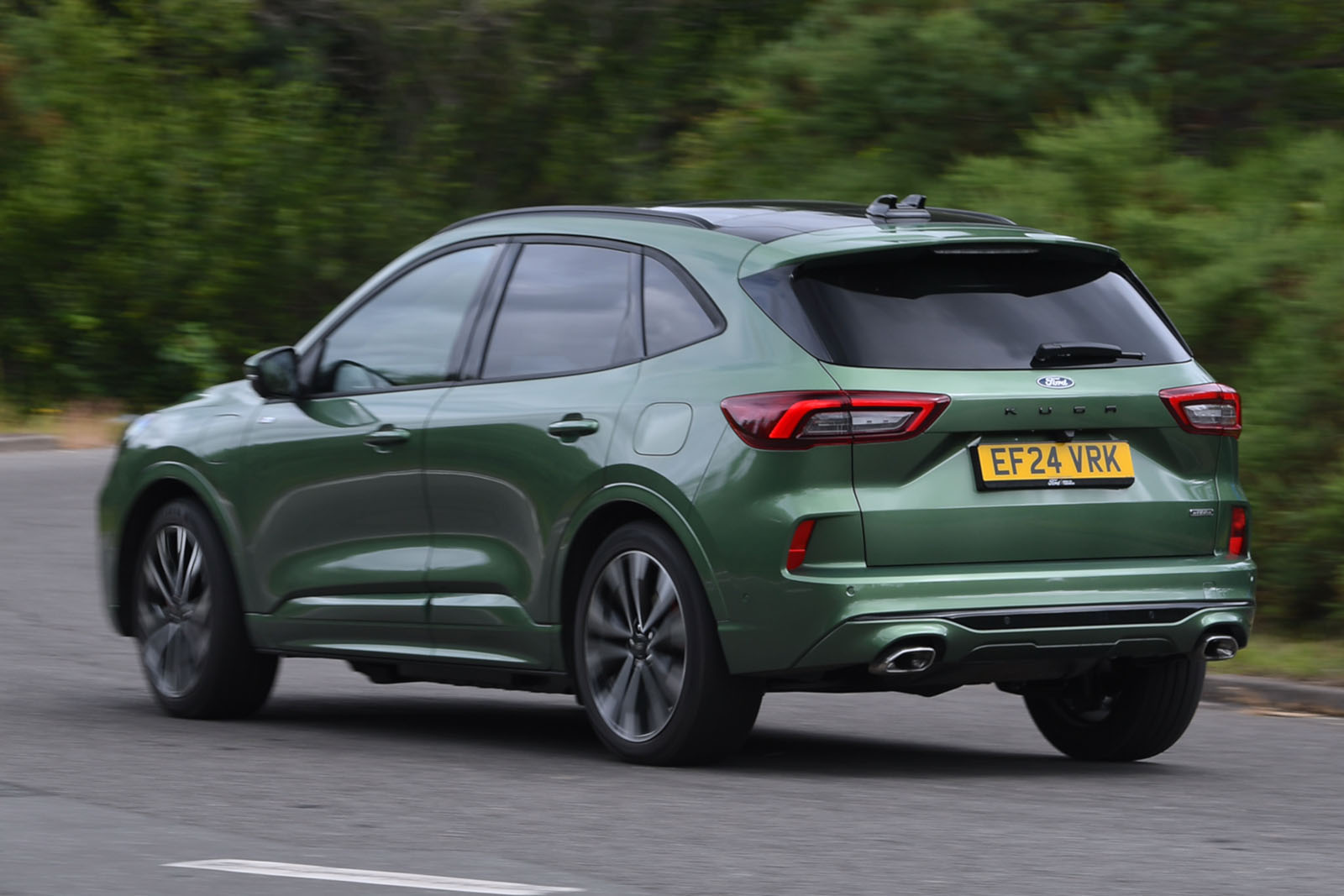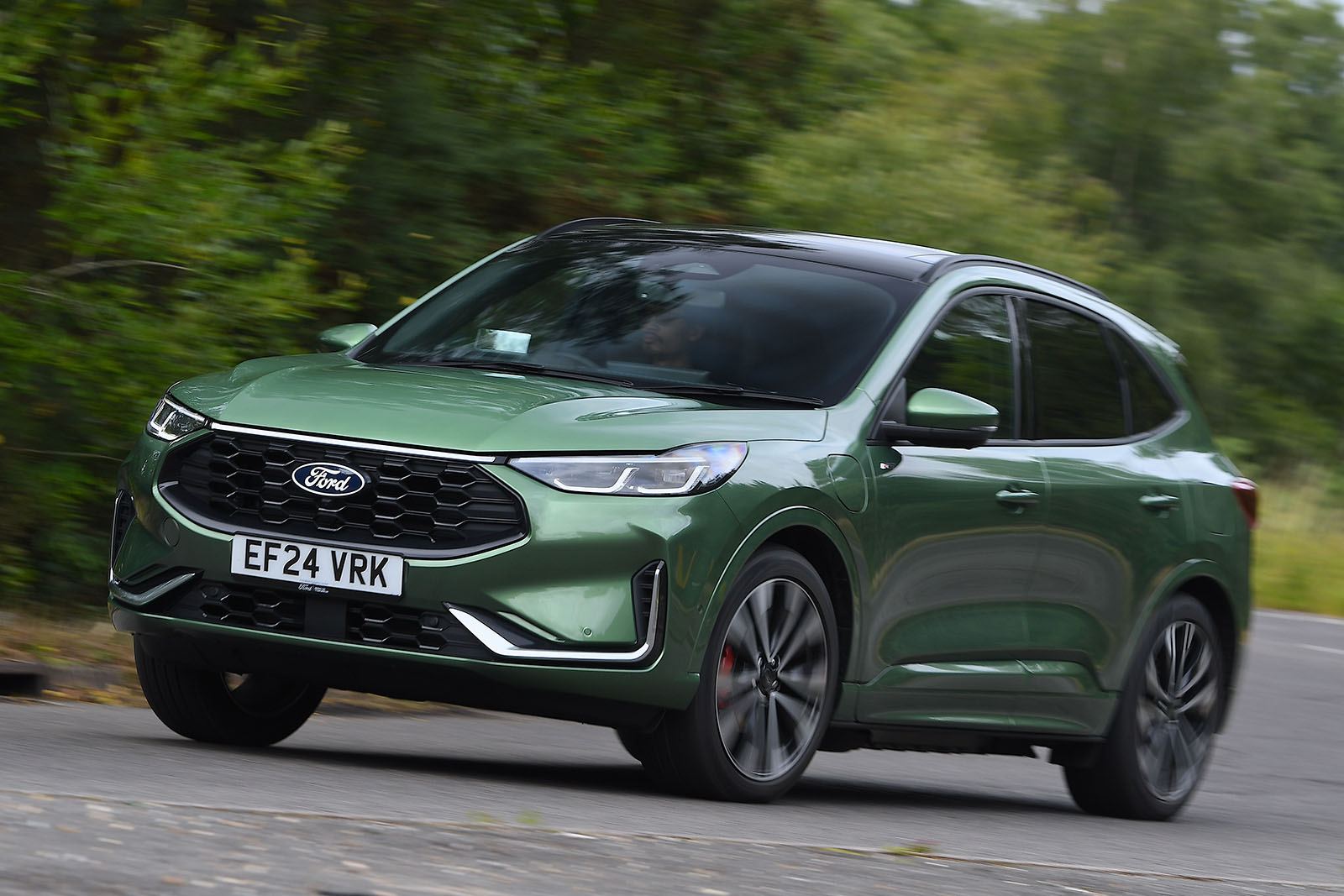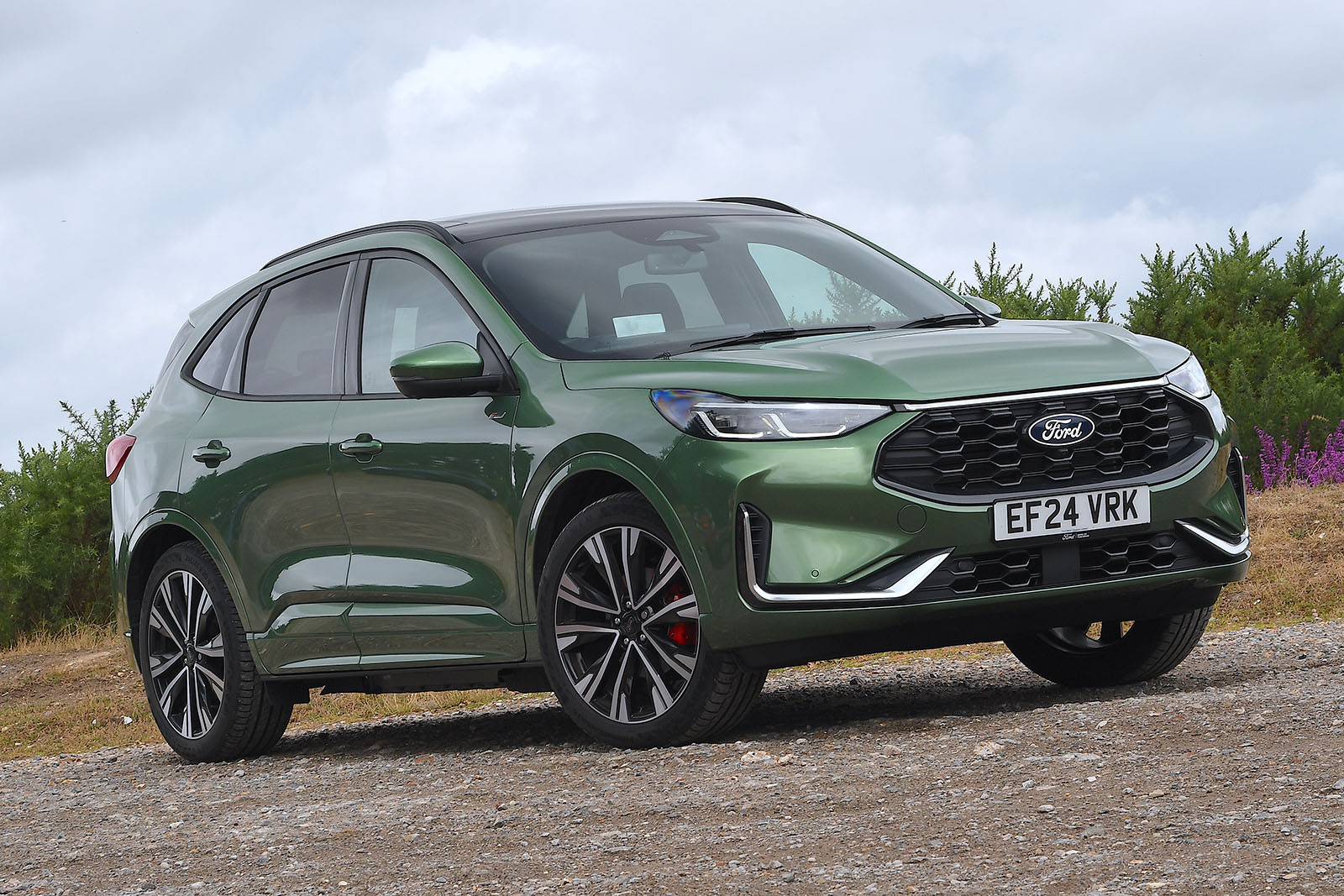There's no denying how much of a success story the Ford Kuga has been.
The SUV started out in life in 2008 as the Blue Oval’s first dip into the then murky waters of jacked up hatchbacks, and soon after became one of the UKs best selling cars, then in 2022 the country’s best selling plug-in hybrid.
Fast forward to 2024 and it has received a range of targeted updates concerning its design and technology in an effort to get ahead of slowing sales and keep up with the ever increasing, and ever more appealing, competition.
Class victory in this segment has never been so hotly contested, with rivals stretching from the spacious Volkswagen Tiguan and the evergreen Toyota RAV4 to more premium rivals such as the Volvo XC40, BMW X1 and Mercedes-Benz GLA.
Crucially, though, as the market share of plug-in hybrids becomes ever more prominent, each of those cars can be configured as a PHEV, and given their newfound popularity, particularly among company car buyers, Ford has truly honed in on the hybrid Kuga in its marketing push.
But is this, as well as a new design and upgraded interior technology enough to continue its appeal or is Dearborn’s cash cow now lacking in competitiveness?
The Ford Kuga range at a glance
The Kuga's powertrain line-up is fairly simple, consisting of three engines: one mild hybrid, one hybrid, and the other plug-in hybrid.
The range opens with a 1.5-litre Ecoboost turbo petrol engine mated to a six-speed manual gearbox. It produces 148bhp and 177lb ft, with a 0-62mph sprint of 9.7sec and top speed of 121mph. This is available with front-wheel drive only.


